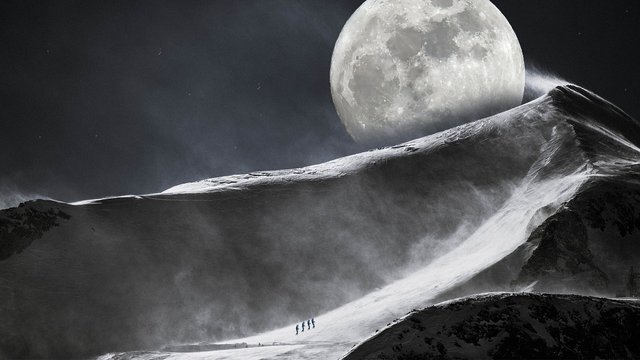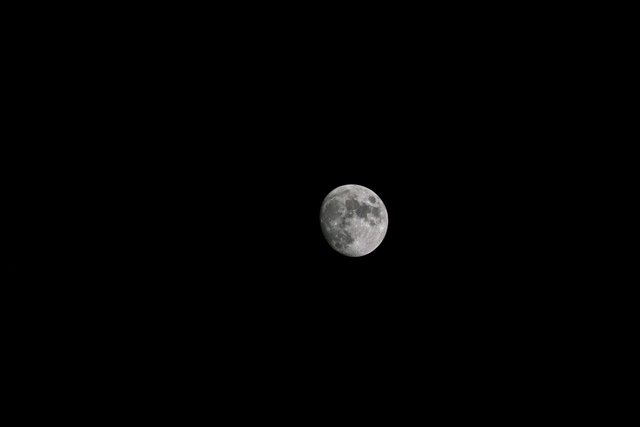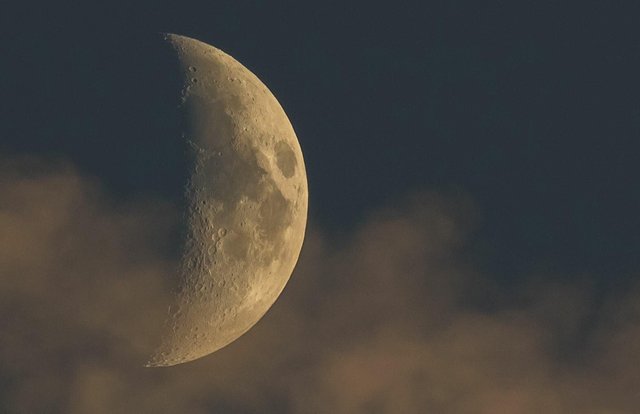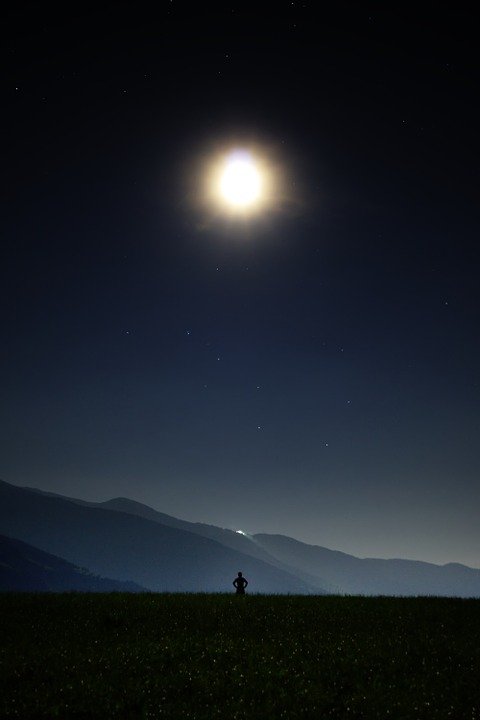What would happen if the Moon did not exist

More than Earth, no other planet in the Solar System has a company as important as that of the Moon. Have you ever wondered what would happen if the Moon did not exist? Well, it's a very frequent question. To answer this and all your questions on the matter, I invite you to know some of the most interesting aspects about the importance of the Moon to the Earth and what says the expert Bernard Froig, scientist of the European Space Agency (ESA), about how things would be if we did not have Luna.
The analysis of Bernard Froig
Bernard Froig is a French scientist, member of the ESA and leader of the lunar research mission known as SMART-1, the first European lunar mission. Froig, after his research, has published some of the results of his analyzes on the different effects that the Moon has on the planet Earth, also exploring what would happen in the absence of it.
How was the Moon formed?

We know that the Earth was formed about 5 billion years ago, while the Moon was formed 30 million years later and by then, the planet was a huge mass of magma. A huge impact on the planet gave off part of itself and its magnetic mantle. This mantle was placed in orbit around the Earth and this material together with the remains of the detachment formed the Moon.
By then, the Moon was a much smaller distance from Earth than we know today and could even see 10 or perhaps 20 times larger than we used to see it now. Can you imagine such a spectacle?
The importance of the Moon in the formation of the Earth

When the Moon was so close to Earth, the tidal force exerted by the satellite on the planet was also much more intense, even affecting the oceans of magma. The intense effect of the Moon worked as a source of heat for the Earth, providing extra energy in the heating of the different radioactive elements present in our early planet and influencing the geological formations of it.
For millions of years, the Earth (like the Moon and the rest of the Solar System) was constantly bombarded by all kinds of asteroids. Our planet, as much by its size as by its greater force of gravity, was whipped more frequently and today the Moon gives us clear evidence of that.

Thus, the Moon is also an important object of study. According to Bernard Froig, the investigation of the Moon could provide us with all kinds of data of great interest, such as materials, fragments and different elements of the ancient Earth. This is due to the fact that during these bombings, several fragments of our planet were detached and then collided with the Moon staying there. Bernard argues that you could find all kinds of organic compounds capable of telling us a lot about the history of the Earth and that you could even find there fossils preserved from ancient ways of life.
[fuente] (
